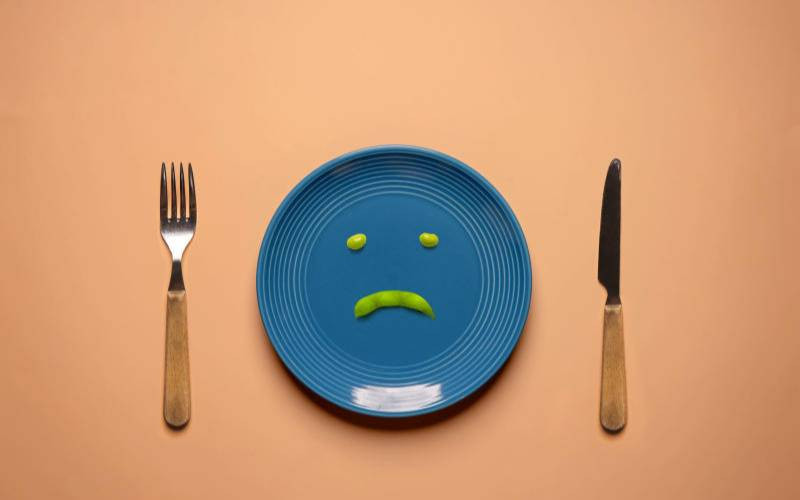×
The Standard e-Paper
Kenya’s Boldest Voice

There is a widespread misconception that eating disorders are lifestyle choices, but eating disorders are serious, biologically influenced medical illnesses characterised by severe disturbances to one's eating behaviours, according to the National Institute of Mental Health.
In 2019, 14 million people experienced eating disorders, including almost 3 million children and adolescents, as reported by the World Health Organisation.